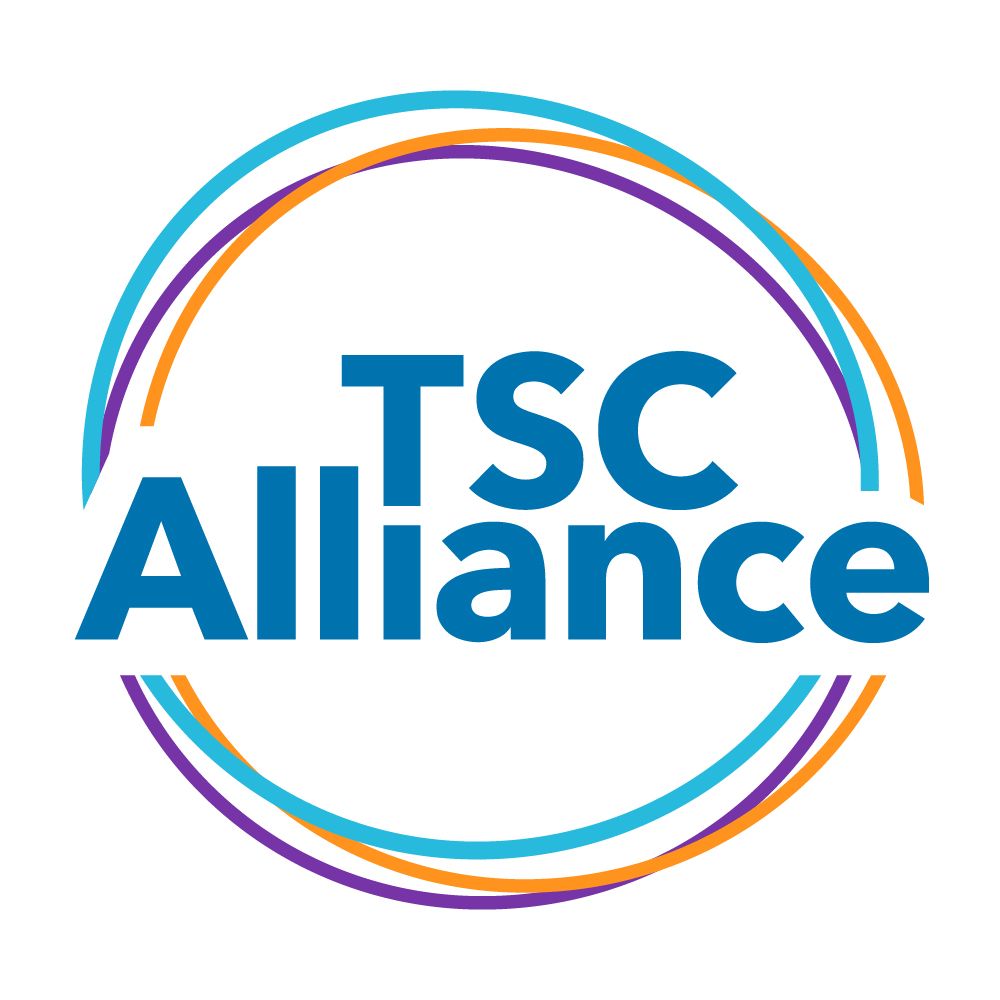
Coronavirus and Tuberous Sclerosis Complex: What You Need to Know

The Tuberous Sclerosis Alliance (TS Alliance) have prepared an FAQ to address concerns from the tuberous sclerosis complex (TSC) community regarding the COVID-19 outbreak.
This content is courtesy of the Tuberous Sclerosis Alliance. To view the original post,
In light of the global COVID-19 pandemic, the Tuberous Sclerosis Alliance have put together information regarding the virus, prevention, and specific information related to tuberous sclerosis complex treatments. Given that people with certain comorbidities and those on immunosuppresing drugs may be at greater risk for a more severe infection and complications, it is important to be aware of key prevention procedures and be in touch with health care providers regarding the continuity of treatment.
The following information is meant for the patient community. Please consult your primary care physician or specialist for specific guidance on how to protect yourself.
Use of Oral Immunsuppresant Drugs (e.g. Afinitor, Rapamune, Zortress, everolimus, sirolimus, Acthar Gel, steroids)
1. I have LAM, so should I stop taking sirolimus (or other mTOR inhibitor drugs)?
- Older adults (age 50 and above) should consult their pulmonologist for recommendations.
2. My child is or I am taking Afinitor (or other mTOR inhibitor drugs). Should I stop taking it?
- Based on current CDC statements and how recent influenza outbreaks like the H1N1 in 2009 were managed, it is recommended to stay on drug unless your child/you or an immediate family member or close contact (e.g. schoolmate or work colleague) is diagnosed with COVID-19. Consult with your doctor for further guidance.
3. My child is taking Acthar Gel. Should I continue to administer?
- If taking Acthar Gel or steroids for infantile spasms, do not discontinue without discussing with your health care provider.
Symptoms of COVID-19
The following symptoms may appear 2-14 days* after exposure to the virus:
- Cough
- Fever
- Shortness of breath
*Based on the previous incubation period associated with the Middle East respiratory syndrome (MERS)-related coronavirus.
Risks of Illness
Can I get sick by touching a surface or object that has the virus on it?
- According to the CDC, coronaviruses are generally thought to be spread from person-to-person through inhalation of respiratory droplets produced when an infected person coughs or sneezes.
- It may be possible for people to become ill by touching a surface or object that has the virus on it and then touching their own mouth, nose or eyes. Wash your hands often and try not to touch your face unless you have just washed your hands.
Who is at higher risk for serious illness from COVID-19?
- Older adults
- People with a serious chronic medical condition such as: Diabetes Heart disease Lung disease (e.g. lymphangioleiomyomatosis [LAM]) Hypertension
- Individuals on immunosuppressants (see above)
What should people at higher risk of serious illness from COVID-19 do?
- The CDC recommends contacting your healthcare provider to ask about obtaining extra necessary medications** and supplies in case of an outbreak of COVID-19 in your local community, which may require you to stay home for a prolonged period. You may want to consider a mail-order vendor if you cannot obtain extra medication.
- Keep away from others who are sick.
- Avoid crowds.
- Wash hands often.
- If an outbreak occurs in your community (e.g. workplace, school, church), stay home as much as possible and follow any specific recommendations made by local authorities.
**FDA DRUG SHORTAGES: The TS Alliance is not aware of any current seizure medication shortages caused by COVID-19. Refer to the FDA Drug Shortage website for current information.
Should I wear a facemask to prevent contracting COVID-19?
- The CDC does not recommend people who are well wear a facemask.
- Wear a facemask if your doctor recommends it.
- Wear a facemask if you show symptoms to protect others from the risk of getting sick.
Is it safe for me or my loved one to go to work or school?
- If COVID-19 is spreading in your community, the CDC recommends “social distancing” or taking extra measures to put distance between yourself and other people. This may include staying home as much as possible and avoiding crowds, especially in poorly ventilated places.
- Contact your local school’s administration or your employer to see what steps they may be taking to keep students and/or staff healthy. For reference, see the CDC’s school and childcare guidance.
Is it safe for me or my loved one to travel?
- Based on the CDC’s guidelines for preparing for and preventing COVID-19, individuals with high risk factors should consider rescheduling planned trips to areas affected by COVID-19, particularly those with level 2 travel notices.
- Avoid non-essential travel to destinations with level 3 travel notices because of the risk of contracting COVID-19.
- Please refer to the CDC and Johns Hopkins maps for the latest information on affected areas.
Is it safe for me or my loved one to continue going to clinic appointments?
- We recommend maintaining regular clinical care. If you have questions or concerns about an upcoming clinic appointment or if you are in an area affected by COVID-19, we recommend contacting your TSC Clinic for further instructions.
- Please refer to the CDC and Johns Hopkins maps for the latest information on affected areas.
Newsletter
Keep your finger on the pulse of neurology—subscribe to NeurologyLive for expert interviews, new data, and breakthrough treatment updates.










